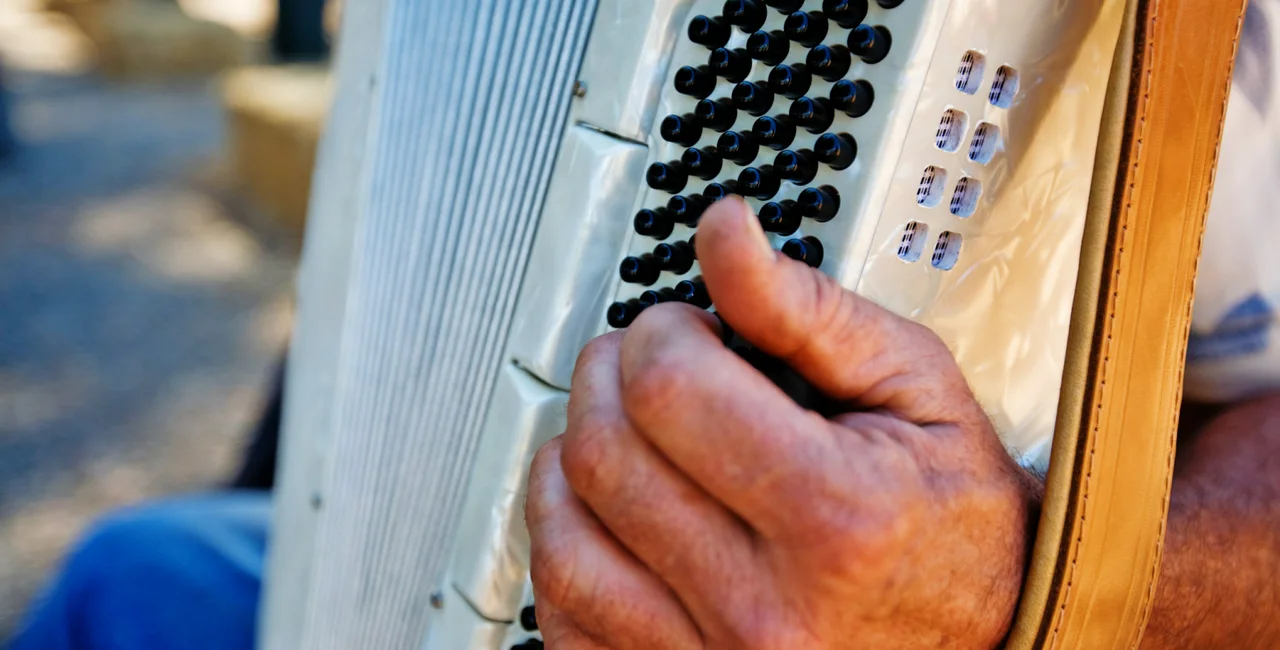Bohemisms, also called Czechisms, are English words that were derived from the Czech lands.
Some words and expressions ascribed to the Kingdom of Bohemia have debatable origins. It has been suggested that the word “pram” comes from the Czech prám, a flatbottomed boat, while other sources say the word for a baby carriage is a shortened form of perambulator, or one who walks.
The word “absurdistan” originally appeared in a German political magazine in the 1970s but would go on to be popularized throughout the Eastern Bloc and eventually the world by Czech dissident author and later president, Václav Havel.
Possibly the most explosive word derived from the Czech language is the word for general-purpose plastic explosives containing RDX and PETN, or Semtex, invented in the 1950s by Czech chemists. Today it’s also the name of a popular energy drink.
Here’s a list of English words, some well known, while others may come as a bit of a surprise, borrowed from Bohemia:
Robot. This sci-fi staple first in Karel Čapek’s 1920 play Rossum’s Universal Robots. The play deals with automatons made of biological material that are put to work in factories, thus saving costs for the factory owners. The word “robot” comes from “robota”, an old Czech word meaning “forced labor”. Karel named his brother Josef as the one who coined the term. The idea – and the word – soon spread worldwide.
Pistol. Surprisingly enough, the word used to describe many a gun in the Old West also comes from the Czech language. The word “pištala” (which originally meant “tube” or “pipe”) made its way through German to French, where it became “pistole”. From there, it was only a short modification to the English word we know today.
Howitzer. When famed military leader Jan Žižka went into battle, his men used not only píšťaly (this is how the word eventually came to the English language), but houfnice. These short-barreled cannon fired small stones at close range. The word “houf” has a variety of meanings, including “troop” and “band”. This word, as with “píšťala”, was adopted by the Germans, then the Dutch, from whence it came to English.
Nebbish. Yes, it’s Yiddish. However, the word has Czech roots. Used in American English for more than a century, the word is often used to describe the kind of character Woody Allen often plays in his movies. Originally, it meant someone who was poor or unfortunate (“nebohý”).
Calash. In English, a calash can be a carriage with a folding top, the hood for that particular carriage, or a type of hat worn by 18th-century women, which folded similarly to the carriage hood. It can be trace through French and German to the Czech word “koleska”, which in turn comes from “kolo”, which means “wheel”.
Kolache. While these sweet pastries aren’t widely known in English-speaking countries, some areas of the United States (especially those with a large Czech population) offer them in a wide variety of flavors. The Czech word is, of course, “koláč”, which (like “calash” above) comes from “kolo”.
Polka. This one is a little confusing. “Polka” in English refers to a dance, as well as the music to which the dance is performed. In Czech, a Polish woman or girl is a polka. According to some sources, this is where the word comes from. However, another possibility is that “polka” derives from “půlka” (“half”), a reference to the half-steps used in polka dancing.
Tolar. Czech name for a silver coin minted in the Kingdom of Bohemia in the 16th century in Jáchymov (German Joachimsthal), the main currency of Bohemia from 1520-1750. The modern word dollar came from the Spanish dollar, due to their similarity in size and weight to the German Thalers first minted from a silver mine in 1520 in Joachimsthal.
What did we forget? Are there other words or idioms that are borrowed from the Czech lands? Tell us in the comments.












 Reading time: 3 minutes
Reading time: 3 minutes 


























